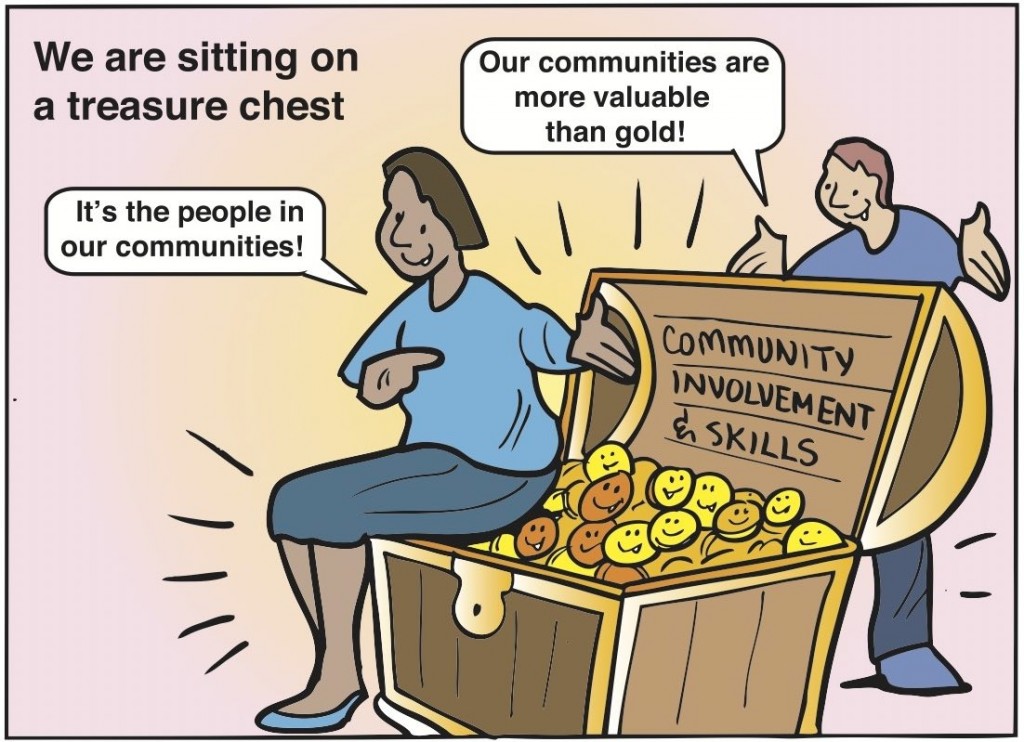Video services in a Netflix world
From the General to the Particular Part 2
Last week I argued for a need to reverse the trend from the particular to the general. The good news is the U-turn is well under way. Interestingly, the counter trend –from the general to the particular- to this hierarchical bias –from the particular to the general- is no longer solely coming from disparate fringe movements. It has in fact become mainstream.
The new normal, largely as a consequence of digital disruption, means that the most successful (and profitable) businesses in the world have become profoundly more decentralised than our Public Sectors, and larger Non-Governmental Organisations. Remember going to the video store? Now we have Netflix. Remember taxi ranks and taxi bases? Now we have Uber and Hailo -who don’t actually own any taxis. If you’re of the same vintage as I, you’ll remember the Encyclopedia Britannica; now we have Wikipedia, and the community shape and reshape the content.
But as well as using the assets of community to build better services, knowledge (Wikipedia) and fiscal banks (think SocietyOne Bank), we need at a more fundamental level to understand that the primary and very particular function of community is to produce abundance.

This illustration was part of Graham Ogilvie’s artwork created during Cormac’s session in Aberdeen in October 2014. Our thanks to him and Aberdeen Council for sharing them with us. Read more about this session by clicking on the image or going here: http://bit.ly/1GFVHT2
Abundance, meaning the stuff that never gets used up, finds its ground beyond the world of contractual services and commerce, gravitating instead towards the horizon-line where commonwealth, cooperation, and mystery are commonplace. The place where we get better at being human together is also the nest from which all else hatches, including more ethical and responsive goods and services. The production of such abundance is a function that is situated and rooted in the deeply local, particular and personal; but, curiously, it can also be profoundly political and often has the capacity to proliferate and spawn a movement of mass localism. In point of fact -at risk of generalising- there is no other sustainable way to restore our economies, ecologies and democracies than to move from the general to the particular.
The ‘quickening’ we’re seeing through the rise of the likes of Uber and Netflix is only partially understood when viewed through the lens of service reform. The real innovation is in the capacity of these systems to get out of the way of community invention, while simultaneously enlarging free space and authority (decentralising power to define the problem, build and implement the solution).
Hence, despite much rhetoric to the contrary, at the core of innovation is effective community building, not service redesign. Great service redesign simply creates the space for community invention to know, grow, and flow. In a world where Netflix is the norm, if we’re not using our resources to enable community building, then we risk becoming a bloated version of yesterday’s news- which BTW will reach the world via social media far sooner than through the broadsheets. The times they are a changin’.
Cormac Russell
